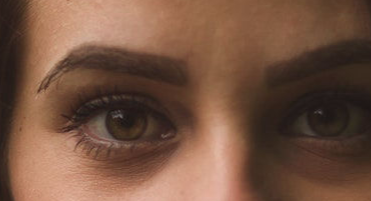Thirty percent of concussion patients with concussions or ("mTBI") have vision problems. Examples of vision problems caused by concussion include:
-constant or intermittent blur,
-double vision,
-slowed or inaccurate reading ability,
-eyestrain,
-sensitivity to light,
-dry eye,
-increased sensitivity to visual motion, and
-ncreased vestibular symptoms in visually stimulating
-environments and with eye, hand or body movements
Over the past decade there has been an exlplosion of clinical research demonstrating the efficacy of optometric vision therapy intervention in the the treatment of concussion and mild traumatic brain injury. The increased awareness of optometric knowledge and skills in the literature has resulted in increased awareness, interest, and demand from patients and health care providers for optometric rehabiltation services for the treatment of vision problems caused by concussion/mTBI.
Over the past decade there has been an exlplosion of clinical research demonstrating the efficacy of optometric vision therapy intervention in the the treatment of concussion and mild traumatic brain injury. The increased awareness of optometric knowledge and skills in the literature has resulted in increased awareness, interest, and demand from patients and health care providers for optometric rehabiltation services for the treatment of vision problems caused by concussion/mTBI.
In addition offering in-office vision rehabilitation therapy, we are often involved in inter-professional management of concussion with professionals such as occupational therapists.
Optometric
vision therapy is a crucial part of the treatment plan for those with an consoussion or other mTBI. In a retrospective analysis of TBI patients with oculomotor dysfunction, 100% of patents had successful treatment which was stable 2 to 3 months later. [Source Ciuffreda KJ, Rutner D, Kapoor N. Suchoff IB, Craig S, Han ME. Vision therapy for oculomotor dysfunctions in acquired brain injury: a retrospective analysis. Optometry. 2008 Jan;79(1):18-22.]


